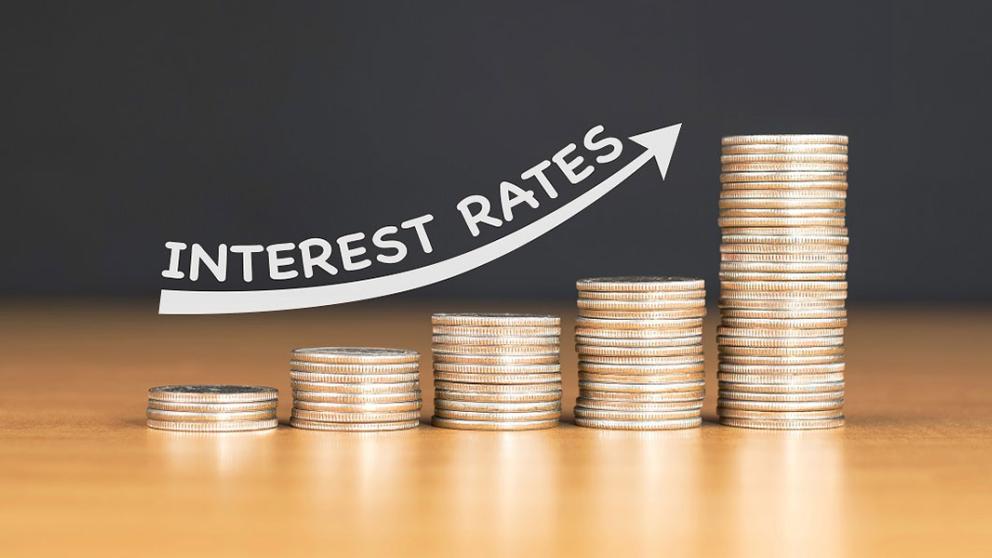Biggest rate hike since 1995 and recession on the way

The Bank of England has today put interest rates up from 1.25% to 1.75%, the biggest increase in rates for years. It is the sixth straight time that rates have gone up, from all time lows during the pandemic. The increase comes after dire predictions for inflation to go event higher by the end of the year and the UK to enter recession in the coming months. The BoE also warned of a recession to come for most of next year.
Dr Tony Syme, macroeconomic expert from the University of Salford Business School, said: “Another month, another repeated message about the dangers of inflation, and another use of an inept tool to tackle it.
“Andrew Bailey today repeated his Mansion House speech when he said "there are no ifs or buts in our commitment to the 2% inflation target". That means interest rates will exceed 2% this year and are very likely to exceed 4% next year, by which time inflation is expected to have reached 13%.
“In his Mansion House speech, he outlined the three big supply disturbances of the last year or so that has caused the inflationary rise: supply chain pressures post-Covid, a declining UK labour force, and the Russian invasion of Ukraine.
“None of these supply-side problems can be addressed by increases in interest rates. They are trying to carry water in a sieve. The intention may be reasonable, but the tools are wrong.
“And with no end in sight for the war in Ukraine, the current inflation is only going to worsen. The EU is already starting to ration gas and prepare for a tough winter.
“Through no fault of their own, people are already paying the cost of this inflation with the cost of living squeeze. This new rise in interest rates means that people will again suffer the consequences.
“The answer lies in international diplomacy and an end to the war in Ukraine, not interest rate rises.”
But Zeeshan Syed, economic expert from the University of Salford Business School, disagrees.
He said: “This was the right time that BoE raised the rate by 0.75% or even 1% because we needed a recession sooner rather than later. Although the rate rise is the biggest in decades; nevertheless, it's nowhere near curtailing the supply-side price shocks. The inflation is bound to exacerbate further when we have a new prime minister with promises to spend more and tax less.
“Unfortunately, our cash-rich middle class, which accumulated substantial cash savings during the pandemic, is refusing to back down. Their refusal means that suppliers, service providers, and manufacturers can expect higher prices for their future services. This fallacy ensures a red-hot job market, an unwavering tendency to consume more, and rampant price growth. Just take this example, despite a more than 10% devaluation of GBP against USD, we are witnessing record demand for foreign holidays. Simple economics does not explain this behaviour.
“BoE's job right now is not to shy away from the fact that any chance of prolonging this "consumption-led boom" will make future recessions more painful, hurtful, and politically and socially unsustainable.”
And Maria Rana, another expert said: "This time the question was not if the interest rate would increase but by how much it would increase. Would it be 0.25 or 0.5 percentage point increase ? Worryingly , the Bank also forecasts that the UK economy will enter into recession from the fourth quarter of 2022, with output expected to fall in each quarter from the last quarter of 2022 to the last quarter of 2023. Not a very bright economic outlook ahead , and the further increase in interest rate today will, most likely fuel the recession."
For all press office enquiries please email communications@salford.ac.uk.
Share:
